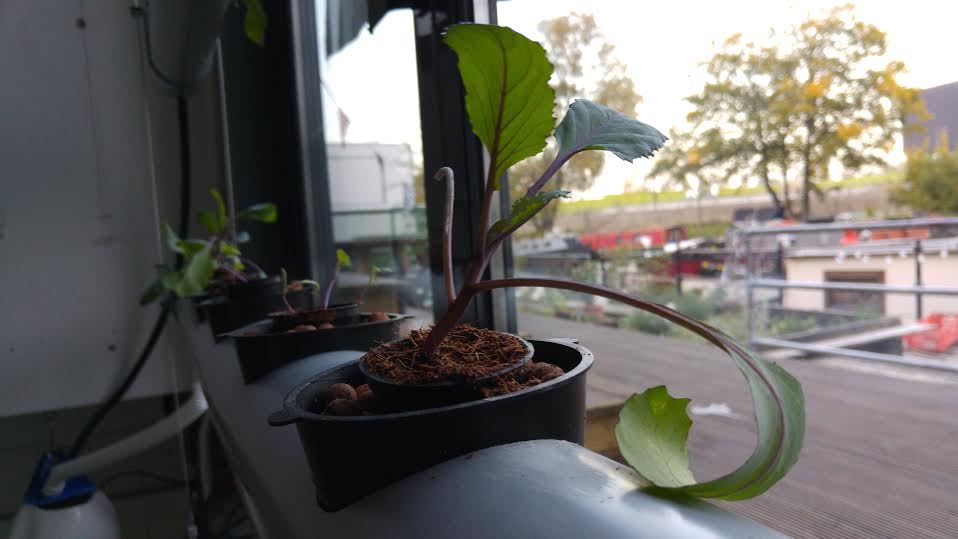
In the UK, the average age of farm workers is 59. With our ever-increasing demand for food, bringing up the next generation of urban agrarians to handle our future food production needs is of vital importance.
Implementation of new technologies is also crucial to enable the UK’s agricultural industry to evolve and remain competitive across the globe.
One young visionary, Ashley Lydiate, is aiming to address both these issues by educating and inspiring schoolchildren to cater for our booming population through the use of innovative hydroponics systems for growing food in cities.
These methods are fast becoming recognised as among the most efficient, clean and – ultimately – sustainable ways of growing food.
Through his company, The Blue-Sky Greenhouse, founded just under a year ago, Ashley provides fun and interactive learning experiences for local community groups and schools.
The company also aims to empower communities to start cultivating by providing cost-effective hydroponics infrastructures.
Ashley came up with the idea to start this business while he was studying for a BSc in Environmental Management at the University of Hertfordshire.
Through the University’s Enterprise Fund, Ashley received a £2,000 grant which helped him to realise his dream and deep passion for sustainable food production.
The grant was crucial in enabling him to design his logo and produce marketing material, including a professional website and high quality brochures.
The funding also helped with other important set-up costs, such as insurance and office address registration.
As the UK's leading business-facing university, the University of Hertfordshire strives to help its budding entrepreneurs develop enterprising, high-quality skills and personal strengths needed to succeed.
The University is committed to giving all its students the knowledge and confidence to become independent thinkers and challenge conventions, whether they want to be self-employed or find employment after graduation.
Ashley believes that it’s vital that we future-proof our food growing system. However, it’s not just the agricultural industry that stands to benefit: "Growing food is fun, rewarding and mentally stimulating.
"There is strong evidence to suggest that children who engage in even basic gardening and horticultural activities show improved cognitive and affective skills.
"It can also help those with behavioural issues and improve interpersonal and social skills.
"Research has shown that teaching children and young people how to grow food can also lead to an increase in fruit and vegetable consumption", comments Ashley.
"Not having space to grow food in your own home should never be a limiting factor.
"Employing modern, space-saving methods of growing can help connect those who would not usually have access to growing space, including marginalised members of urban societies.
"Horticulture and food production is an incredibly rewarding pastime enjoyed by many across the globe."
Ashley’s dreams haven’t stopped there. His company has recently applied for funding to enable them to purchase additional tools and materials to provide more in-depth, hands-on workshops.
"We have a six- week workshop structure planned which we hope to roll out by the next academic year.
"Initially, we will be targeting secondary schools. We are also working with other community groups to provide our current workshop programs".
The workshops will offer pupils the opportunity to learn about plant biology, general horticultural skills and how hydroponics works.
They will work together to build a fully functional growing system and explore how these methods can help urban food production for the future.
